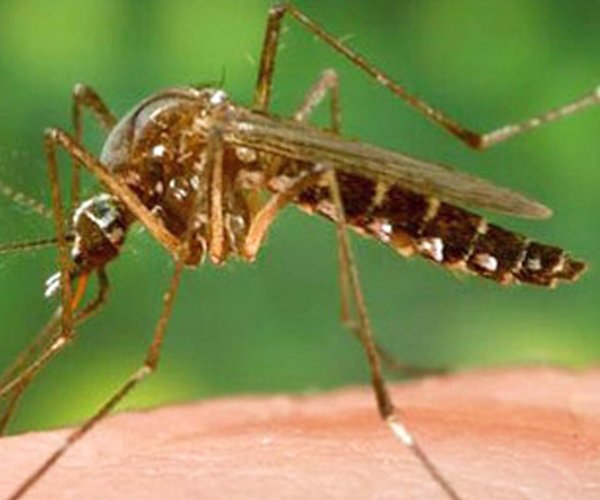Did you know that pools and surrounding decks use less than half the water than an irrigated lawn? But that doesn't mean we can't do more. Here are some tips to help you keep your pool water wise this summer:
POOLS
• Install a pool cover to reduce water evaporation by as much as 90%.
• Shut off waterfalls, fountains, and other water features to reduce water loss and evaporation.
• Check the pool for leaks. Contact your pool service professional for guidance.
• Minimize splashing or lower the pool's water level to reduce "splashout."
• Plug the overflow line when the pool is in use.
• Replace sand and DE filters with cartridge filters that do not require backwashing.
• Keep your pool clean to reduce frequency of backwashing.
• If your pool is heated, reduce the water temperature to reduce evaporation.
SPAS
• Keep it covered.
• Maintain the chemicals to extend water life.
• Check the equipment for leaks.
• Drain only when absolutely necessary.
• Check with your pool service professional for new technology that helps keep the water clean and reduce the need to drain the spa.
• If you drain your spa, reuse the water to irrigate plants and landscaping.
The information provided in this edition of Conservation Corner was retrieved from letspooltogether.com, a partner of the Save Our Water State Campaign.
For questions or additional information, contact Municipal Services at 209-668-5590.
- Brought to you by the City of Turlock Municipal Services Department
WATER CONSERVATION TIP #14
Set lawnmower blade higher: Set your lawnmower blade one notch higher allowing the grass to hold more water. Maintain a lawn height of 2 1/2 to 3 inches to help protect the roots from heat stress and reduce the loss of moisture to evaporation. Promote deep root growth through a combination of attention to lawn height, proper watering, aerating, appropriate fertilization, and thatch (grass clippings) control. A lawn with deep roots requires less water and is more resistant to drought and disease.





